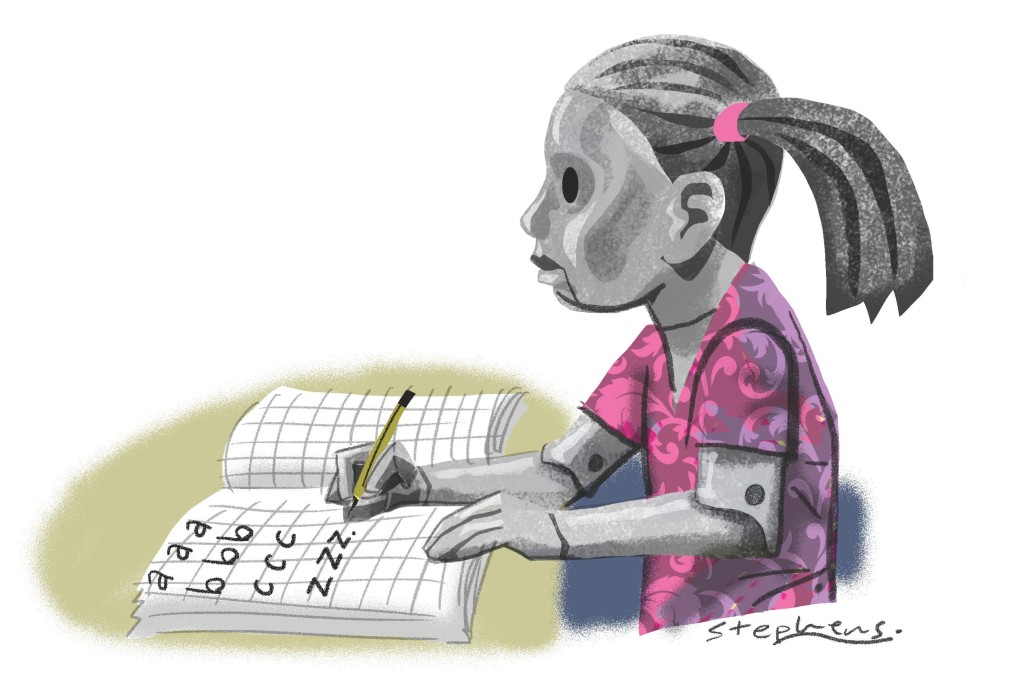Hong Kong's early childhood education lacks a vital element - fun
Tik Chi Yuen says a review of our preschool education should lead policymakers to adopt a new vision

A long-waited advisory report on the gradual implementation of free kindergarten schooling has finally been tabled by a government-appointed committee, arousing much heated discussion about kindergarten subsidies and voucher systems, teacher training and salary range. However, we should not allow debate about financial benefits or government responsibility to overshadow what really matters: our vision for early childhood education, and whether it needs to change.
Sadly, this vital point seems to be missing in the debate.
Besides transferring knowledge, the most crucial element of education is empowering students to learn from their mistakes and failures in a safe environment, such as a kindergarten or school. So, when students encounter challenges, whether in the form of study setbacks, exam failures or emotional attacks, they can try to overcome the difficulties with the help of guidelines and assistance provided by devoted and qualified teachers.
During this process, they can figure out who they are, where their talents lie and what they most enjoy doing. They will learn to understand their own strengths and weaknesses. This will help them find a direction, take responsibility for their own life and ultimately serve society well.
Since preschool children have yet to fully develop their physical muscles and mental cognition, it can be torture if they have to write thousands of words or repeat the same things daily, never mind being fed with burdensome information far beyond their level of understanding. For preschool children, a meaningful education vision would revolve around healthy and creative play in a safe environment, assisted by teachers and parents, rather than being force-fed knowledge.
When children engage in spontaneous, pleasurable and flexible activities, such as a rhythm game, for enjoyment rather than a serious purpose, they can happily develop their creativity, physical strength, emotions, problem-solving skills, concentration and empathy. It is evident that children who learn good social skills and have healthy emotions are more likely to succeed academically.
Moreover, abundant research has demonstrated that creative play has a strong positive impact on a child's cognitive, linguistic, physical and social development in early childhood.